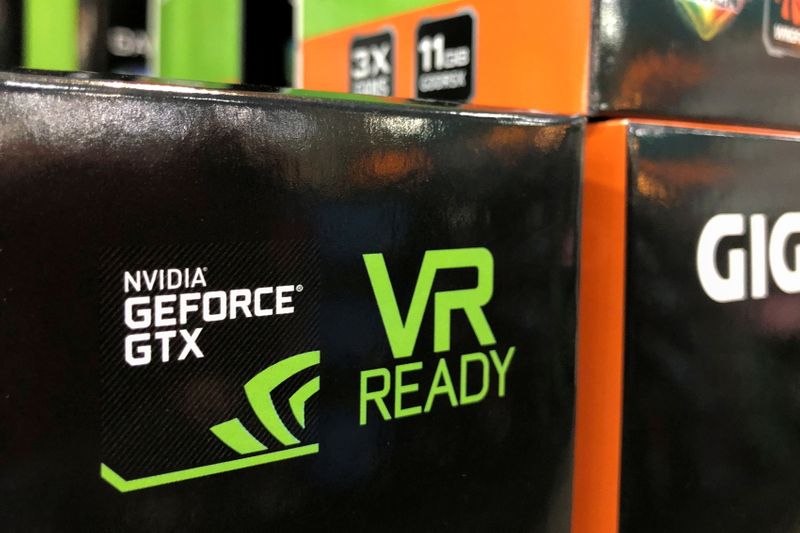Benchmark analysts lifted their stock price target on Nvidia (NASDAQ:NVDA) on Friday, noting that demand “continues to outstrip supply.” The price objective was raised from $135 to $170, implying a potential upside of more than 32% from the last closing price.
“We had the opportunity to host Nvidia for a Fireside Chat discussion with investors, where we came away with increasing conviction that the company is well positioned to continue its leadership of the AI industry, with above expected revenue and earnings growth for the foreseeable future,” analysts said in a note.
They said the most striking takeaway from the chat was Nvidia's confidence that customer demand consistently surpasses its growing supply capabilities.
Moreover, the company remains optimistic about its growth prospects despite customers' increasing internal silicon efforts, expecting both systems to fit within expanding capital budgets.
Alongside its price target, Benchmark also hiked its Nvidia estimates for fiscal years 2025 and 2026.
Other takeaways from the call include that demand for the H100 chip series remains robust, with the H200 and Blackwell models set to ramp up in the second half of the year. Nvidia expects demand to surpass supply well into the next year, analysts highlighted.
Although the supply for the H100 has increased, the H200 supply remains constrained. Nvidia began sampling the H200 in the first quarter and is currently ramping up production shipments in the second quarter.
“Blackwell is currently in full production, with first revenue expected in Q3, with global availability into customer data centers expected in Q4,” analysts said.
Blackwell will launch in over 100 OEM and ODM systems, more than double the number at Hopper's launch. Nvidia notes that two Blackwell-based servers can replace about 960 x86 CPU-based servers, reducing power consumption by 85%.
Benchmark also indicated that GB200 systems are set to ramp up in Q4, with the revenue mix shifting quickly to GB200 through 2025 due to greater availability from system vendors compared to Hopper.
